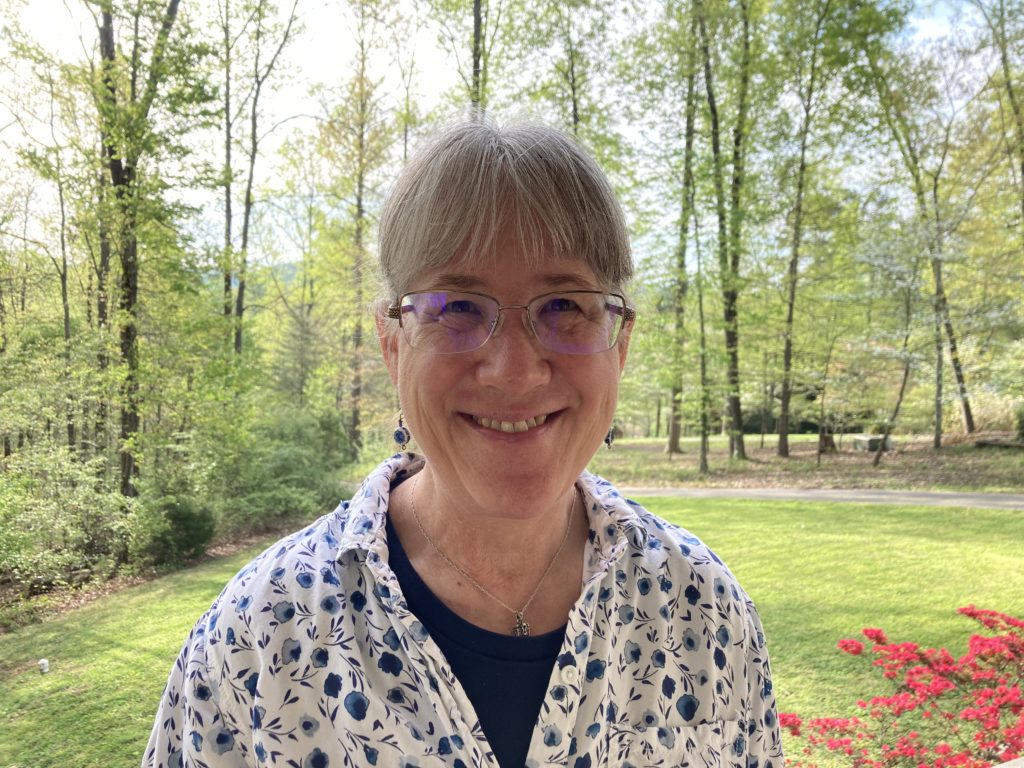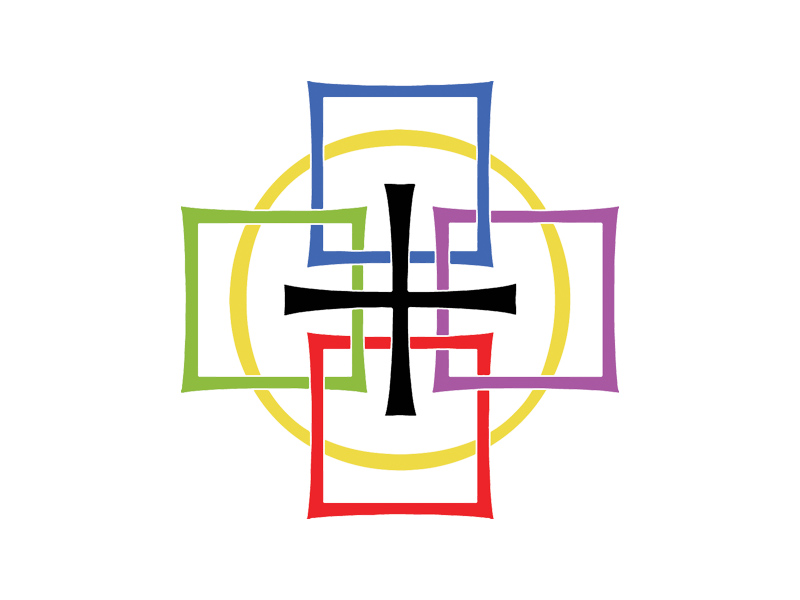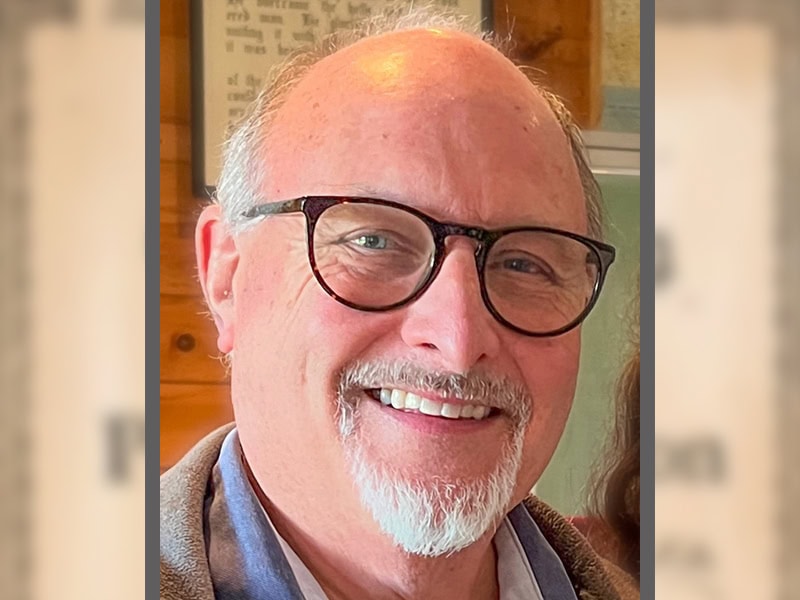Written By Jenny M. Caughman
There are not many things most people agree on these days, but describing our current political and cultural climate as divisive is perhaps one of them. And perhaps another is that very few people think we are in a good place, that our current system or attitudes are working well. For many, young and old alike, there is a prevailing pessimism, if not downright fear, when we consider the future of our country, of the world. I also believe that most would agree that something has got to give, that a change needs to be made. And while it is tempting to point out all the faults of the other and pontificate on how they need to change, this attitude or behavior is rarely very productive. An attitude which I believe too many of us have abandoned, and which I see as both a symptom and a cause of our current predicament, is a commitment to the common good.
What is the common good? It is the belief that when considering what is important, what the best path forward is, we broaden our vision to consider not just what we as individuals want, what would benefit me or my circle, but instead include that which would be good for the bulk of humanity. The common good requires that we consider the impact on all involved, that we seek what is best for everyone, not just a select few. Commitment to the common good often entails an understanding that we are part of something larger than ourselves and that we not only are called to serve that larger something but that, ultimately, we will all benefit from such service.
The common good is based on the Golden Rule—in both of its forms: Do unto others as you would have them do unto you; Don’t do to others that which you would not want done to you. The beauty of the Golden Rule is that it is shared by many people, as well as most faith traditions.
The common good is grounded in two basic concepts—goodness and truth. It is embodied in honesty and kindness and basic civility. Commitment to the common good requires a basic attitude of respect for others—even when we do not agree with each other. A commitment to the common good means that none of us has the right to take advantage of or intentionally harm others in the pursuit of what we want. In committing to the common good we will need to counteract the self-righteous selfishness that is all-too-common in our culture today. We must bravely ask ourselves if the path we are pursuing is self-serving or will it truly lead to greater well-being for most people? It requires that we each broaden our narrow, comfortable focus and make room for views other than our own.
When my husband and I married we were on opposite sides of the political fence. Because I loved and respected him, I listened to him, and I came to realize that we actually shared many of the same over-all goals, yet we had very different ideas as to the best way to reach those goals. I believe that most Americans do want what is good for this country, though we may define what that looks like and how to achieve it quite differently. If we are to work for this common good, we must first understand what the common good is, which means we must understand not only what we each want, but also what others want. If we are truly invested in the common good, we must know what that is, moving beyond our parochial definition. This will necessitate an openness not particularly common these days. It will require we listen to those whose beliefs are different from our own, and not just write them off as stupid, misguided or bad. To listen to another does not require that we adopt their view, but it does entail an attitude of curiosity; the goal needs to be to understand the others’ viewpoint and not to convert them to our own perspective. In a respectful conversation we do not insult and denigrate the other; we listen, and then, in our turn, politely share our own perspective.
Earlier I said that the common good is grounded in two basic concepts—goodness and truth. I believe both goodness and truth are grounded in kindness. I am a fan of the popular phrase: In a world where you can be anything, be kind. I believe commitment to kindness can take us a long, long way. And I also believe that kindness and truth are compatible. Being truthful may at times require we say something that may not be popular, that someone else may not want to hear. The challenge is, can we speak the truth kindly and respectfully, without the arrogance, condescension and insulting attitudes that are all too common these days. Can we advocate for our perspective without insulting and demeaning the person who holds another? Can we treat them as we want to be treated even when we’re mad? Even when the other may not be treating us respectfully? Even when we think they do not deserve it? Can we hold on to our commitment to the Golden Rule? For when we lash out in anger and frustration, when we demonize, insult, and degrade the other, we all lose. Such behavior makes the world a little bit uglier and unpleasant, and we move not toward, but away from the Common Good.
One more plea as to why I believe this city, state, country and world would benefit from a greater commitment to the common good is because I firmly believe that we can no longer afford to be alienated from one another. We must acknowledge that to some degree just as what happens to my spouse and children impacts me, for better and for worse we are all one human family, and we are not immune to each other. We may not like it, but if nothing else the COVID-19 pandemic has shown us that we are all in this together—an outbreak halfway around the world will eventually make it to our sacred shores. If we want to protect ourselves, we must come to understand and consider the condition and experience of others and include it in our equation. Even the strongest fortress can eventually be breached. This is why I believe we can no longer ignore the Common Good.
And here’s one last thing—the good news about committing to the common good is that in helping one we help ourselves. By addressing the infection in my hand, my whole body is made healthier. And as so many have learned, it is better to give than to receive. May we make room for others in our hearts and in our minds, and may we meet one another, hand to hand as, together, we pursue the Common Good.
Read the full issue of the December 2022 Messenger

Meet Jenny Caughman
Rev. Jenny Caughman is a Convention minister serving a United Methodist Church in Oak Ridge, Tennessee.



